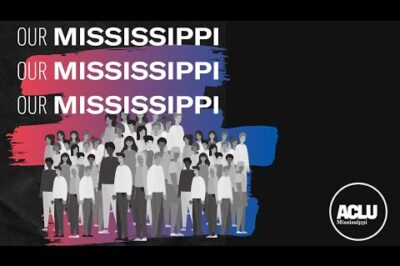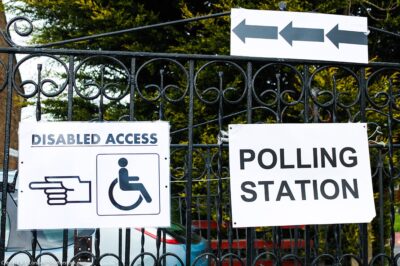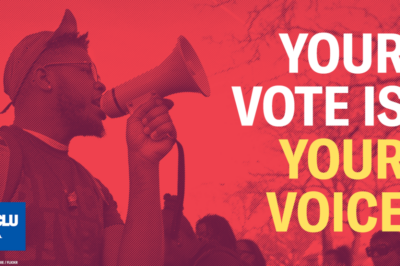ACLU of Washington Lawsuit Challenges Voting Restrictions Based on Financial Debts
FOR IMMEDIATE RELEASE
Civil Liberties Group Calls State Law Modern Form of Poll Tax
SEATTLE, WA — The American Civil Liberties Union of Washington today filed a lawsuit seeking to restore the voting rights of ex-felons in Washington who have served their prison terms but are denied the right to vote solely because they owe money to the state.
“Citizens should never be stripped of their basic rights, and the right to vote is as fundamental a right as there is in a democracy,” said ACLU of Washington Executive Director Kathleen Taylor. “Yet even when people have completed their prison time and have been released back into society, our state puts up barriers to voting – barriers that are based strictly on economics. Washington must end this modern form of the poll tax. The state should not hold hostage the right to vote in order to collect legal debts.”
The ACLU filed the case on behalf of five Washington citizens who would like to vote but are prevented from doing so because they are unable to pay off their legal debts.
Under current state law, even though individuals have finished their prison terms, they are not allowed to vote until they completely pay a variety of monetary debts to the legal system that are imposed at sentencing. These legal financial obligations can include docket and filing fees, court costs, restitution, and costs of incarceration, as well as interest on these debts, which accrues at a high rate of 12 percent a year. According to the ACLU, more than 90 percent of individuals charged with committing a felony in Washington are impoverished at the time and thus find it difficult to pay these legal fees upon release.
In its lawsuit, the ACLU charges that this is a widespread problem that hits people of color especially hard. Disfranchisement affects about 3.7 percent of eligible voters in Washington, which is almost double the national average, and includes almost 25 percent of all adult African American males. Overall, more than 150,000 people in Washington cannot vote because of a prior felony conviction, according to The Sentencing Project, a public policy organization. In 2002, the Department of Corrections found that 46,500 ex-felons in Washington were unable to vote just because of outstanding legal debts.
“Having the rights and responsibilities of citizenship is an important part of successfully re-entering society,” said the ACLU’s Taylor. “Yet our current laws keep former felons from exercising the most basic right of citizenship.”
The ACLU’s lawsuit claims that Washington’s law violates guarantees of the right to vote in both the Washington and United States constitutions. The lawsuit asks that the right to vote not be limited by a person’s financial ability, but it does not seek to eliminate any debts to the legal system or change criminal sentences. The ACLU said that the state has means other than disfranchisement to pursue former felons who fail to satisfy their legal financial obligations.
Today’s lawsuit follows a national ACLU report released this month, which found that non-existent or flawed procedures used by state election officials to purge felons from voter rolls could prevent millions of eligible voters from casting their ballots on Election Day. The ACLU said that this affects not only ex-felons who have had their voting rights restored, but also voters who share similar names with felons appearing on purge lists.
The Washington lawsuit was filed in King County Superior Court on behalf of Dan Madison, Sebrina Moore, and Larence Bolden of King County, Beverly DuBois of Spokane County, and Dannielle Garner of Snohomish County.
Attorneys on the case are ACLU of Washington Staff Attorney Aaron Caplan, ACLU Voting Rights Project Associate Director Neil Bradley, and co-operating attorneys Peter Danelo, Molly Terwilliger, Darwin Roberts, and Darin Sands of the firm Heller Ehrman White & McAuliffe.
For more information on the ACLU’s public education, legal and legislative efforts on ex-felon voting rights, go to /votingrights/exoffenders/index.html
Stay Informed
Every month, you'll receive regular roundups of the most important civil rights and civil liberties developments. Remember: a well-informed citizenry is the best defense against tyranny.




